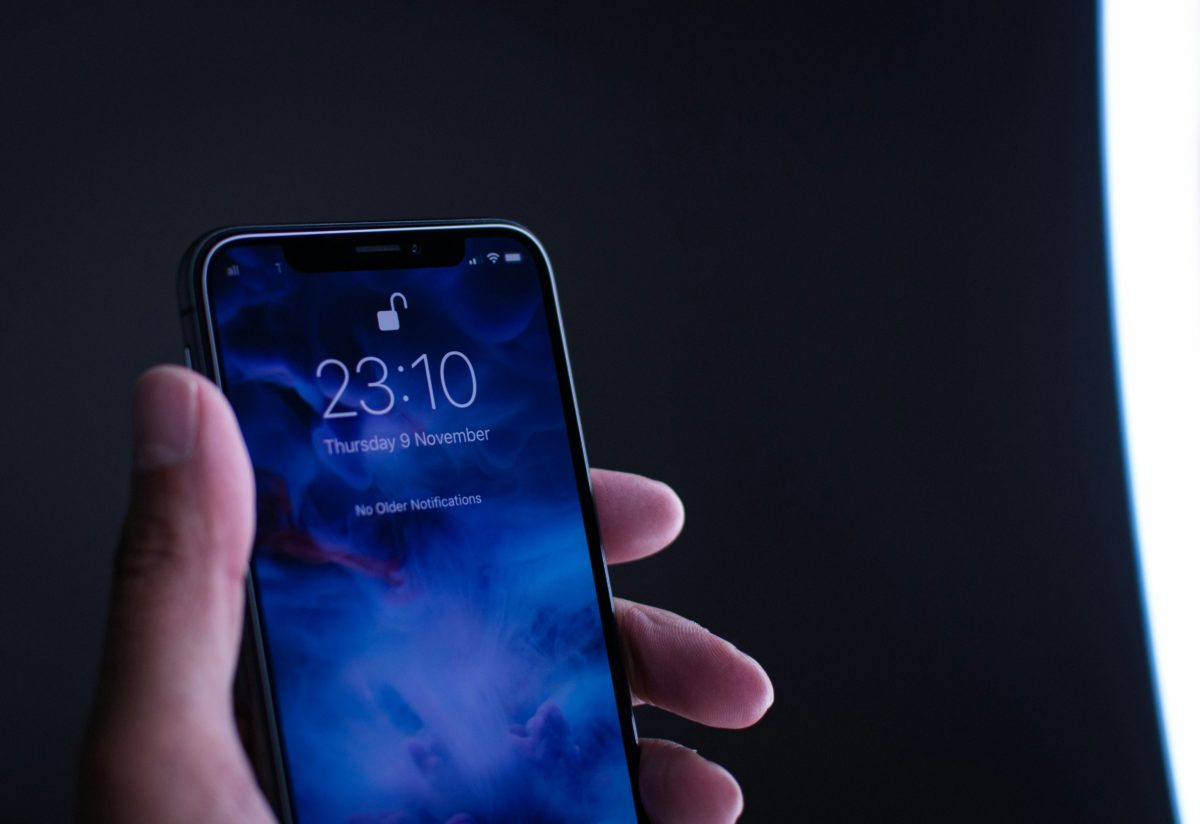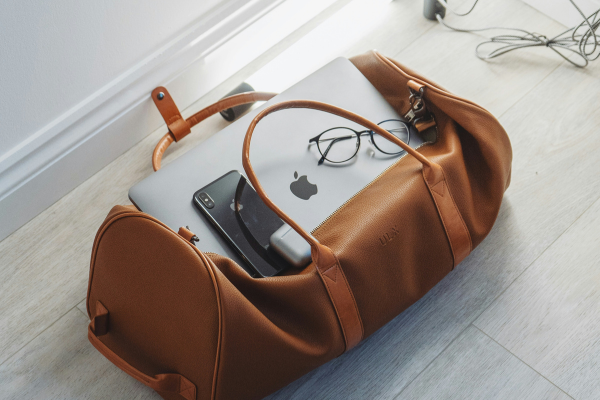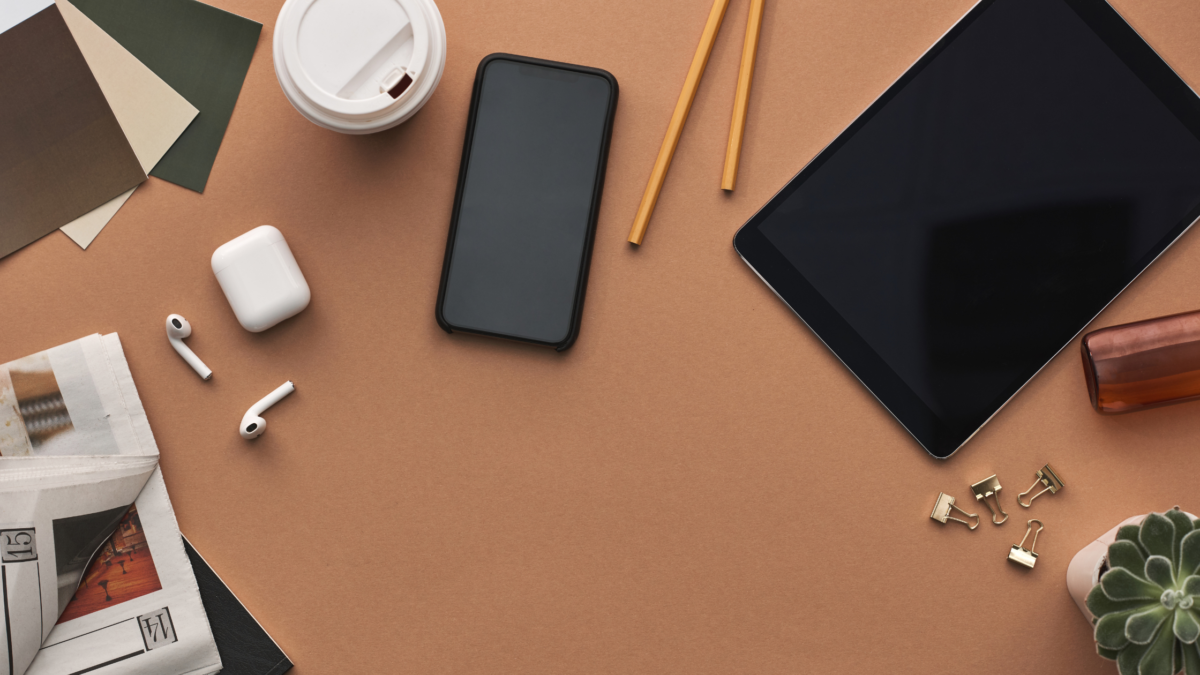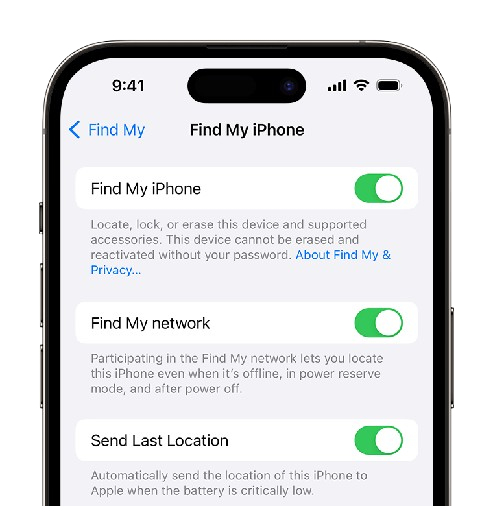In today’s digital age, most of us rely on tech devices like smartphones, laptops, or tablets whenever we’re on the go. They offer a convenient way to stay connected with friends and family, manage finances and shop online, get directions, and access important work or school emails and documents.
Unfortunately, students with expensive equipment can be targeted by petty criminals. With so much sensitive information stored on our devices, it’s essential to safeguard personal data and be aware of how to protect yourself from device theft.
We spoke to the University’s security team for their top tips on how to keep your personal devices safe…
- Never leave devices unattended
It can be tempting to leave your device unattended at a coffee shop or library while you’re away from your workspace. Even if you’ve locked the device, it’s important to prioritise its physical security as much as its technical safety. An unattended device can be seen as an easy target for thieves, and if stolen, your personal data could also be compromised. Make sure not to give criminals the chance.

- PIN / password protect your devices
Using a strong PIN or password will help to prevent anyone but you from accessing your device. Fingerprint recognition is now a popular way to unlock your device without needing a password, but these features may not be enabled by default, so it’s important to check they’re activated.
Beware of “shoulder surfers” who may watch as you enter your PIN to unlock your device. For added security, think about setting up facial recognition, allowing you to unlock your phone with your face instead of a PIN.
Read tips for creating a strong password from the National Cyber Security Centre here.

- Keep devices out of sight
Be careful not to draw attention to your belongings. Many of us instinctively scroll through our phones while walking or place our devices beside us during bus or train journeys. However, this can catch the eye of opportunistic thieves. To stay safe, store your device in a zipped pocket or bag when not in use to keep it safe and out of sight.

- Enable ‘Stolen Protection’
‘Stolen Protection’ prompts you to use Face ID or Touch ID to access bank cards and passes in your Apple Wallet if your phone is in an unfamiliar location, such as anywhere outside your home, workplace, or place of study.
This feature disables the option to use your phone’s PIN for accessing bank cards, adding an extra layer of security. Stolen Protection also introduces a one-hour delay when attempting to change certain device settings, like removing or changing a password, giving you more time to report the theft and remotely lock your device.
Learn how to set up Stolen Protection on your iPhone.
- Enable ‘Find My’ services
The ‘Find My’ service helps you locate lost or stolen devices by showing their location on a map, making it easier to track and recover them. You can also play a sound on your device to quickly find it if it’s nearby.
If you suspect your device has been stolen, you can activate ‘Lost Mode’ to lock it and prevent anyone from accessing your information. You’ll also have the option to erase your data remotely, safeguarding personal information such as images, messages, and accounts.
What to do if your device is lost or stolen
It’s important to know what steps to take if your device is lost or stolen. Citizens Advice offers useful guidance on their website, which you can read here.
If you think you’ve lost something on campus, head to the Student Life building and speak to a team member at the front desk, available Monday to Friday between 8:00am – 6:00pm. Alternatively, you can ask about your lost item by emailing studentlife@tees.ac.uk or calling 01642 342277.
Our friendly security team is always available to help if you notice or experience anything unusual on campus. You can reach them easily through the SafeZone app or by calling 01642 342086.


